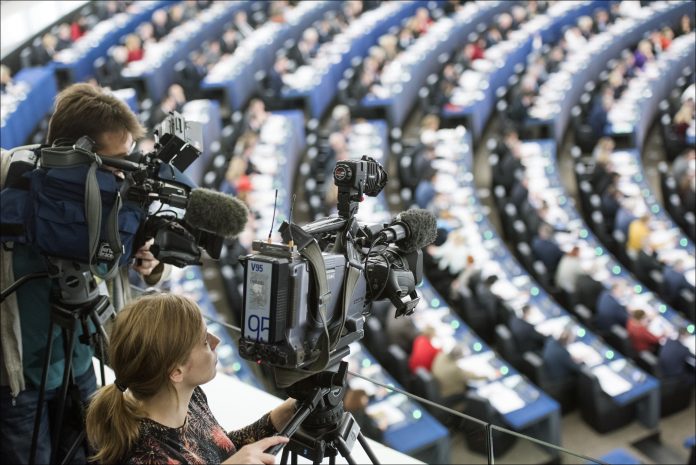The European Parliament has laid out its position on the European Union’s next multi-annual financial framework (MFF) – the bloc’s long-term budget that will apply from 2021. The MEPs agreed the new budget needs to match political priorities and address some of the new challenges facing member states like migration and climate change.
They consider that the current limit on EU expenditure needs to be raised from 1% to 1.3% of EU GNI, in order to be able to fund these new priority areas without sacrificing Europe’s poorest regions or farming communities.
Key proposals include boosting research programmes, Erasmus+, the Youth Employment Initiative and support for SMEs as well as infrastructure investment through the Connecting Europe Facility (CEF).
MEPs warn that “no agreement can be concluded on the MFF without corresponding headway being made on own resources” – the revenue side of the EU Budget. Expenditure and revenue should thus be treated as a single package.
The adoption of a new MFF Regulation requires Parliament’s consent.
According to the European Conservatives and Reformists Group (ECR) group in the European Parliament, the next MFF must end the waste and inefficiencies of the past. ECR Budget Spokesman Bernd Koelmel also warned that, with the UK leaving the EU and taking its contributions with it, now is the time to redefine spending priorities and prepare for a reduced budget.
“Logically you would think that when the United Kingdom leaves, the budget would get smaller. But MEPs have just voted to increase every country’s contributions,” he said. “For too long we have been funding tired policies without a clear vision for the future. We need to define our common challenges first and then start talking about money.”
Koemel also warned against a separate budget line for the euro, which would seemingly lead to the creation of a European Monetary Fund.
“Creating a budget line for the euro area would be fatal,” he said. “The European Stability Mechanism was only intended to be a temporary and emergency measure. Now there are calls to not only make it permanent, but also expand it which will continue to exacerbate the glaring weaknesses of the euro area.”

